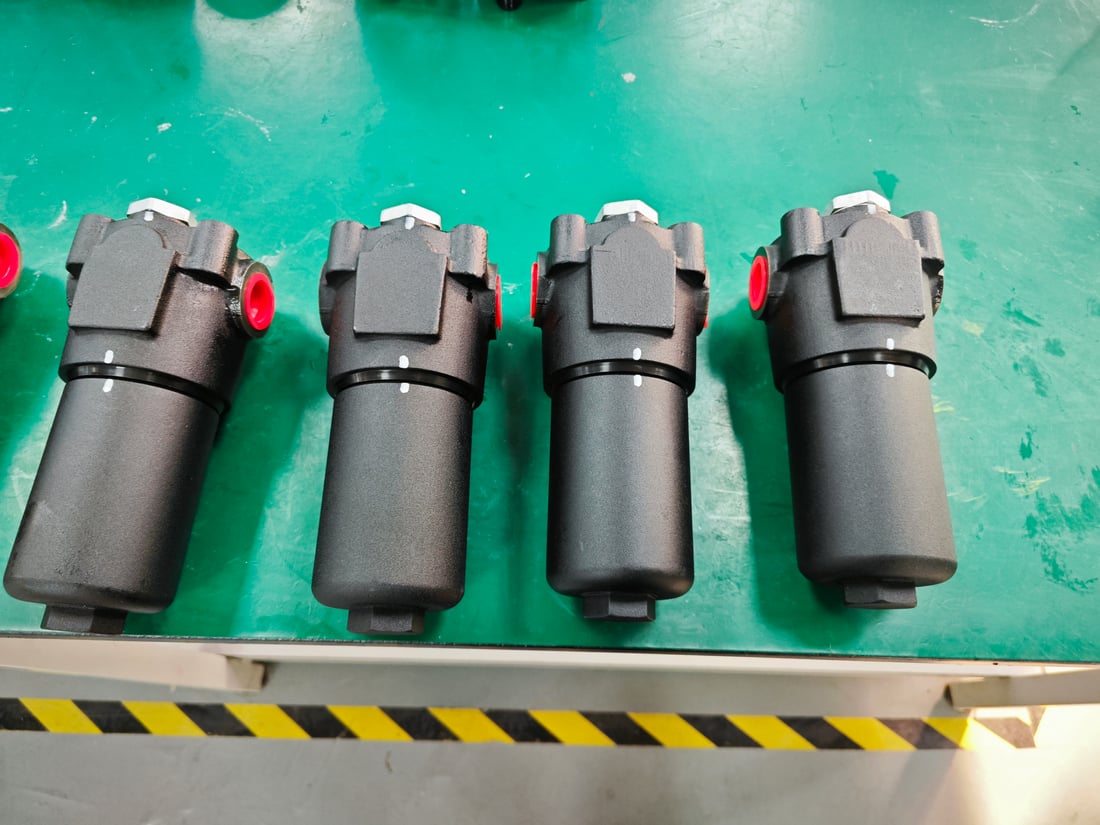Hydraulic filters play a crucial role in the maintenance and efficiency of tractors, especially those equipped with hydraulic systems. These filters ensure that contaminants such as dirt, debris, and metal particles are removed from the hydraulic fluid before they can cause damage to the system's components. Here’s an overview of their application and importance:
Types of Hydraulic Filters
- Suck Filters: Installed at the pump inlet to protect the pump from large contaminants.
- Pressure Filters: Placed on the pressure line to protect directional control valves and actuators.
- Return Line Filters: Located on the return line to filter out contaminants before the fluid returns to the tank.
- Tank Filters: Positioned inside the reservoir to trap larger particles and prevent them from re-entering the system.
- High-Pressure Filters: Used in high-pressure applications to ensure cleanliness of fluid under high pressure conditions.
Functions and Benefits
-
Contaminant Removal: They remove solid particles, metal shavings, dust, and other contaminants from the hydraulic fluid, ensuring cleaner fluid circulates through the system.
-
Protection of Components: By filtering out harmful particles, these filters protect sensitive hydraulic components like pumps, valves, and cylinders from premature wear and damage.
-
Extended Equipment Life: Cleaner fluid reduces wear and tear on hydraulic components, thereby extending the lifespan of the equipment.
-
Efficiency and Performance: Properly functioning hydraulic filters maintain the efficiency of the hydraulic system by ensuring smooth operation and reducing friction caused by contaminants.
-
Preventative Maintenance: Regular use of hydraulic filters helps in maintaining the overall health of the tractor, minimizing the risk of unexpected breakdowns and costly repairs.
Maintenance Tips
-
Regular Replacement: Follow the manufacturer’s guidelines for replacing hydraulic filters. Typically, filters should be replaced at regular intervals or based on the condition of the filter and fluid quality.
-
Inspection: Periodically inspect filters for signs of clogging or damage. A visual inspection can help identify issues before they escalate.
-
Fluid Quality Check: Monitor the condition of the hydraulic fluid regularly. Contaminated fluid may indicate that the filter needs replacement or that there is another source of contamination.
-
Use Quality Filters: Always use high-quality filters recommended by the tractor manufacturer to ensure optimal performance and protection.
Common Issues
-
Clogged Filters: Over time, filters can become clogged with contaminants, restricting fluid flow and causing pressure drops within the system. This can lead to reduced performance and potential damage if not addressed promptly.
-
Bypassing: In some cases, filters might bypass contaminants if they are overwhelmed or improperly installed, allowing debris to enter the system and cause damage.
-
Incorrect Installation: Improper installation can result in leaks or inadequate filtration, compromising the integrity of the hydraulic system.
Conclusion
Hydraulic filters are essential components in maintaining the functionality and longevity of tractors with hydraulic systems. Regular maintenance and timely replacement of these filters are critical to ensuring the efficient operation of the machinery and preventing costly repairs. Always adhere to the tractor manufacturer’s recommendations for filter types and maintenance schedules to keep your equipment in top condition.

